Have you scrolled through TikTok, Instagram Reels or YouTube shorts lately?
Almost every popular magic account is making a ‘shush’ gesture to the camera, then exposing some trick to a person who’s sitting within 2 inches of them, pretending not to see the set-up.
The sad reality is, the fastest way to gain likes and subscribers online is exposing magic or showing your ass.
Mix magic exposure with a pretty girl and you’ve got jet fuel for your fame fire.
This formula is a cheat sheet to likes & subscribers—and often becomes the foundation for a bait & switch to build an audience to eventually sell to.
Advertisers would call this a ‘freemium’ business model. Giving the simple stuff for free and then charging for more premium secrets & features.
The popularity of these exposure videos will incentivise more public videos.
Sometimes, it’s a good thing... If the methods are original to the creator teaching them, or they're public domain but taught by a genuine pro.
But this new, short-form, TikTok-generation exposure is getting magicians concerned. Concerned that their methods are being revealed in under a minute to millions of passive scrollers.
Scrollers who can now undervalue them as professional entertainers, or worse — as artists.
So if you love magic, what can you do about it?
The one word answer is “nothing”. Rivers flow down the path of least resistance. Magic on a mass-level is destined to go through this cycle:
Interest > love > distain > meme > reduction
- It’s interesting to see how it’s done.
- You follow because you love seeing how it’s done.
- You’re annoyed that all these secrets that once fooled you are so simple.
- You make fun of magicians doing tricks you know the method to.
- Magic is reduced in value to an audience. Maybe even seen as child’s play.
But there are some things you can do personally to mitigate this impact on your own magic.
Solution #1. Less easy stuff
A Michelin star chef isn’t threatened by a free recipe video online.
The time they put into his/her dish, their experience, their ability to innovate. That’s where the value is.
Any chump can put cheese in bread, but a chef’s grilled cheese vs a laymen’s grilled cheese is world’s apart.
The same can be said for magic.
Recently, we did a survey where a combined 47% of voters (almost half) said they don’t perform a trick if the method is too complicated or not what they expected.
This is more dangerous for magic than exposure. Because it shows how much value some magicians place on the method.
That means, if someone exposes that method, your trick is ruined. Worthless.
That’s a precarious position to be in, especially if you make your living from performing magic.
But can your spectators learn & retain every method for a given plot? Or are they just learning the simple ones?
For example, a French drop is available to learn on YouTube or Instagram within seconds.
But do they know about Danny Goldsmith’s flip flop vanish?
Will they learn the psychology and theory behind Peter Turner’s peek?
No. They won’t.
Your biggest weapon against your methods being exposed is to learn more methods. To have more tools at your disposal than you did before.
STORY: CATCHING A DOUBLE LIFT
During a performance, a guy asked me a question that exposed the concept of a double lift to every other spectator watching.
“Is that two cards? I saw a video on YouTube showing a simple trick where you take two to switch it" he said loudly.
I said “nope, just one” and performed a KM move to hand him the single signed card.
This simple 'get out jail free' move did two very important things.
- It solidified to him, that I wasn’t using a simple method he’s passively learned. Even though I actually was.
- It elevated me and my skills to the rest of the audience. Because if one spectator who knows the secrets to other magicians is wrong, then I must be doing something way more special. Maybe even real?
I proceeded to still use a double lift in my set, multiple times — and it fooled everyone.
Knowing another method saved my first one.
#2. More development of your magic
So I’m going to throw you for a loop here… Sometimes, a simple method, even if they may have seen it exposed online, can still fool them.
By adding layers of deception, theory, misdirection, audience management & framing— you can turn a double lift into a miracle. You can turn a non-existent coin into something they “see” vanish.
99% of us don’t think about our magic like that.
I’ve specifically gone out on a night out and performed as many top changes in a row as I can (for a card to pocket effect). It was an exercise purely for me, to work on my body position, my eye contact, my framing etc.
There is more to magic than method, and by adding layers to yours, you’ll make your performances bullet-proof to exposure.
#3. Accept that the new way of getting into magic is FREE
Magic has been devalued by this exposure. No question about it.
But the new way of getting into magic is free. We have to accept it. It's an unstoppable train.
We’re sad that it is true, because it’s a threat to our very business model. But our biggest competition isn’t other magic shops, it’s social media tutorials.
There are two potential upsides to this:
- It’s the new way that magicians are falling in love with magic and coming into the art. 300,000 people will watch a TikTok exposure video, maybe 1,000 people will seek out more magic tutorials online. Maybe 300 people will learn enough to fall in love with magic and pursue it with passion.
- That it pushes the real secrets and gimmicks underground and behind more expensive paywalls. Making it easier for those who innovate to make a living from their efforts.
Magic shops should increase their prices, not just because costs are through the roof in recent years, but because we need to put a fair price on THE BEST magic.
Photographer Chase Jarvis has a good line…
“You’ll never turn a $500 client into a $5,000 client.”
What he’s saying is, when someone has an expectation of your value, it’s very hard for you to charge more down the line. The value you’re giving may increase in line with your acquisition of more skills — but what they expect to pay, won’t.
Similarly, if you focus on giving away every piece of value for free, you train your new audience to expect it for free.
When it eventually has a price tag, you’ll find it way harder to convert those fans to actual paying customers.
Thus, constant exposure accounts are like snakes eating their own tail. They will all pivot away from free tutorials eventually. In their efforts to find paying customers and not passive subscribers.
I watched Derek Muller’s Veritasium video last night, but I’m not a threat to physics or those who seek to make a living from it. I’ve learned what I was shown, for free, passively. But that exposure of knowledge doesn’t arm me with enough to threaten the jobs of those within the field.
Why? Because those who know and those who do are two very different people.
Methods can be exposed, but if your magic can be reduced to method alone, then you can’t be bitter about having your hobby devalued.
If you're only willing to take the easy road, you can't expect to be held in the highest regard or 'revered' for your skills.You have to earn that acclaim through constant development and practice.
So the question is not 'how do we stop exposure?', it's happening whether we like it or not.
The question instead should be 'how can we elevate ourselves past the point where exposure can hurt us?'

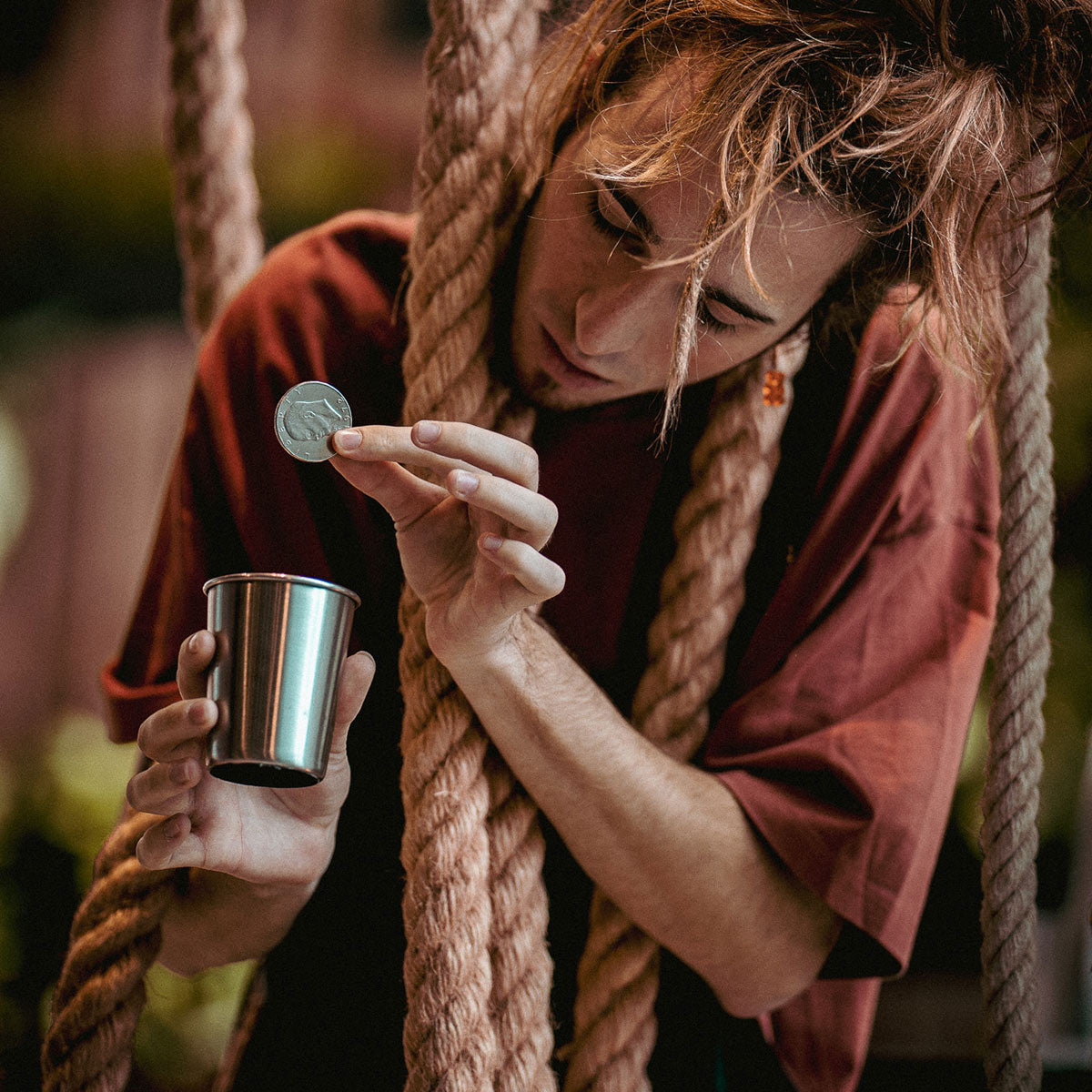
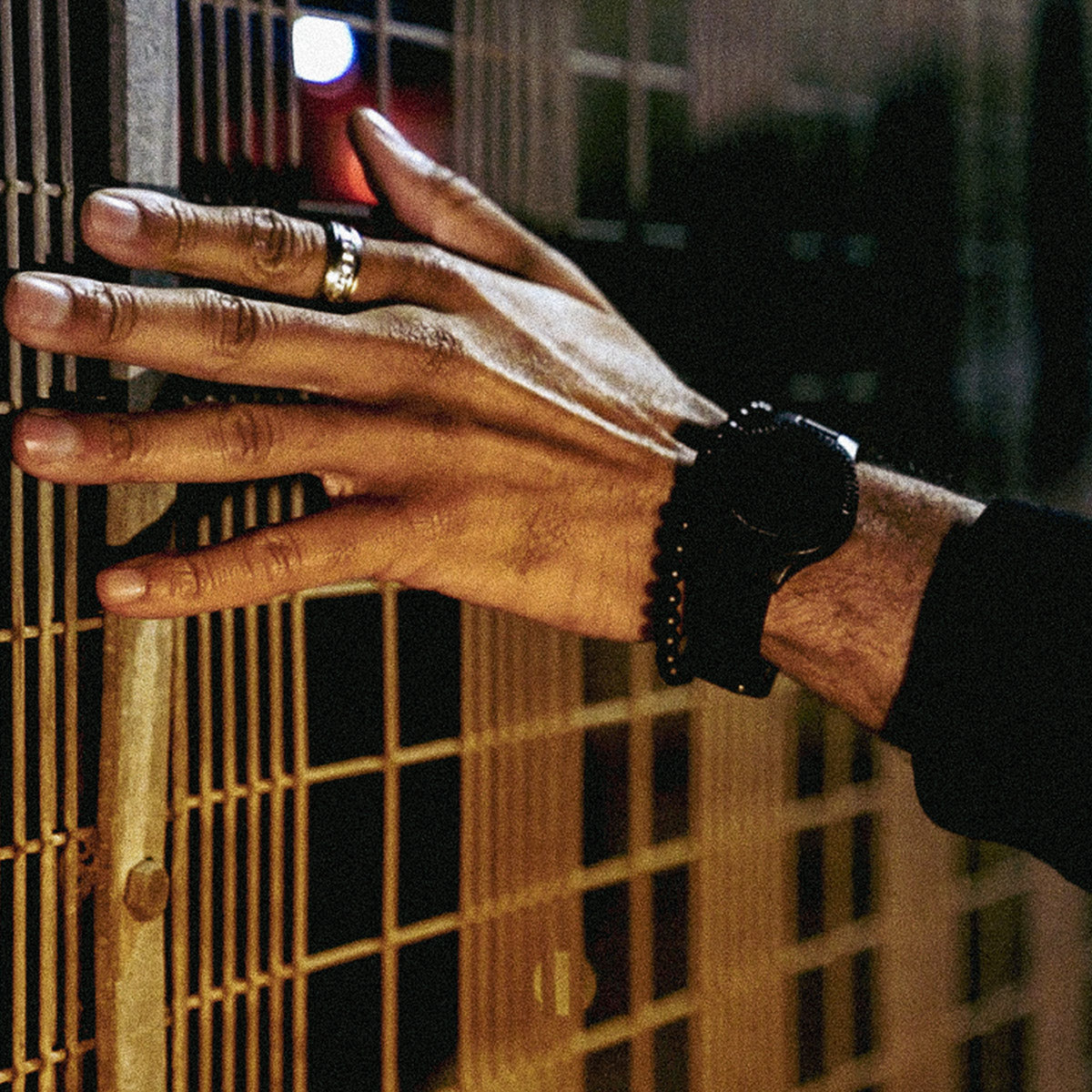
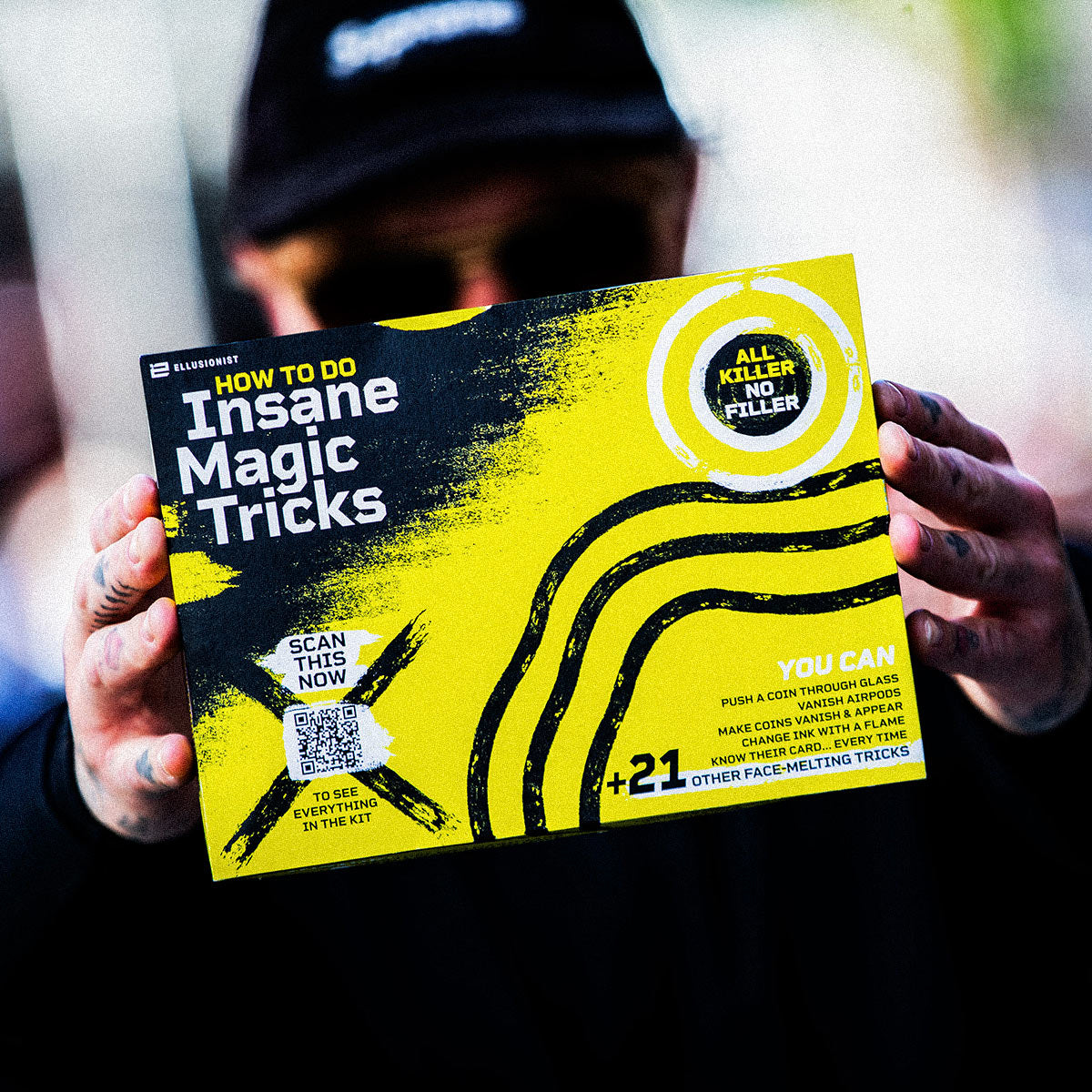
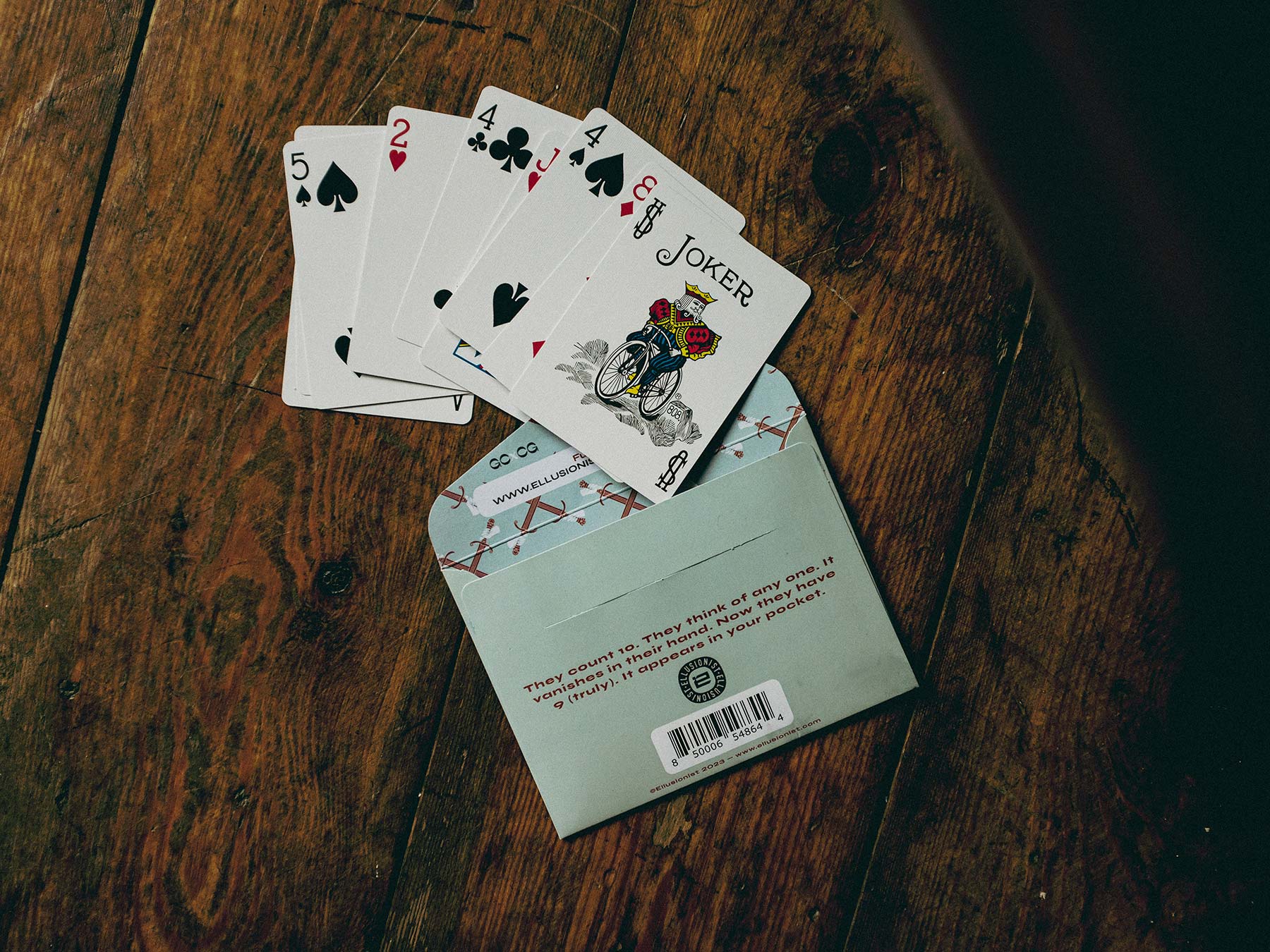
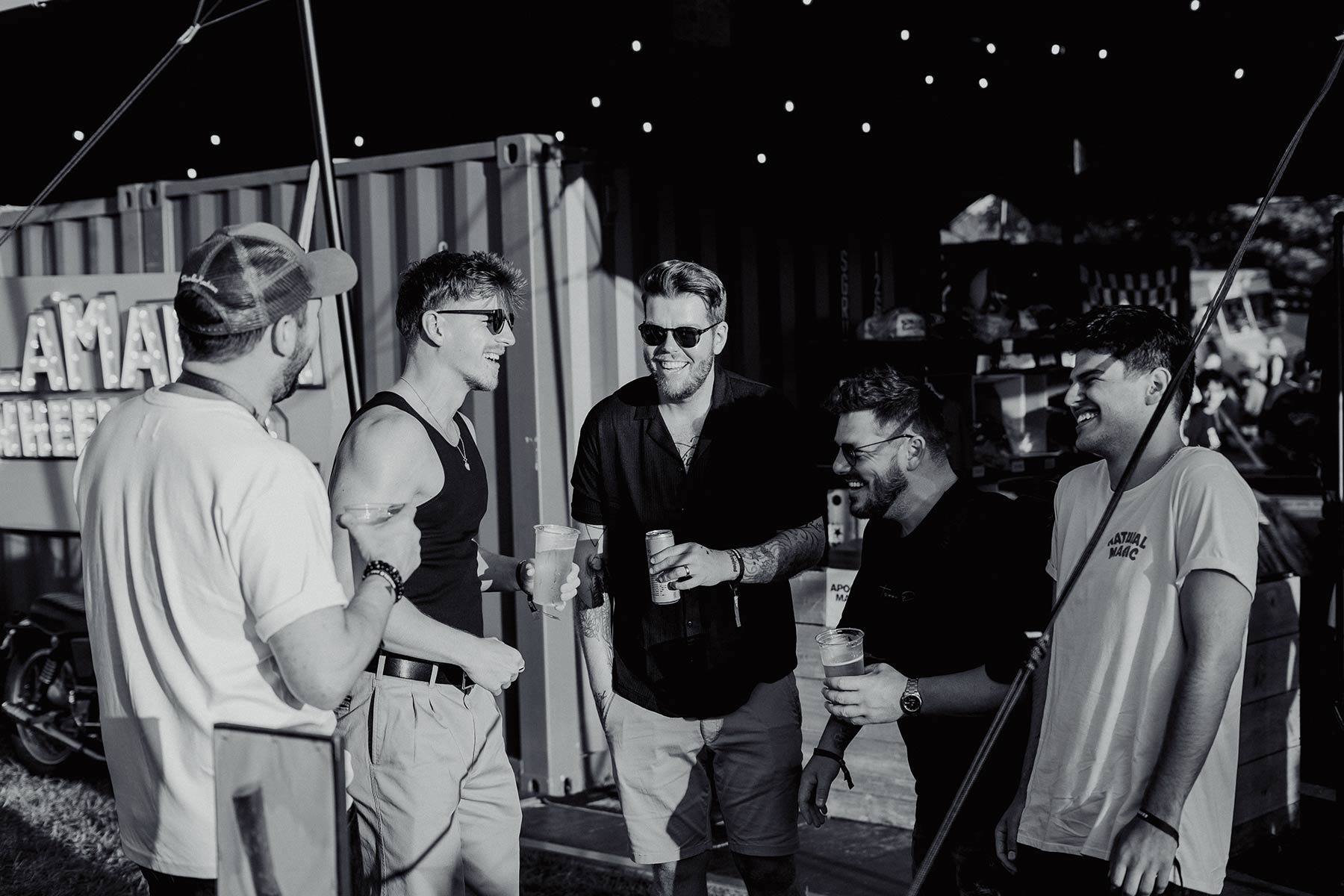

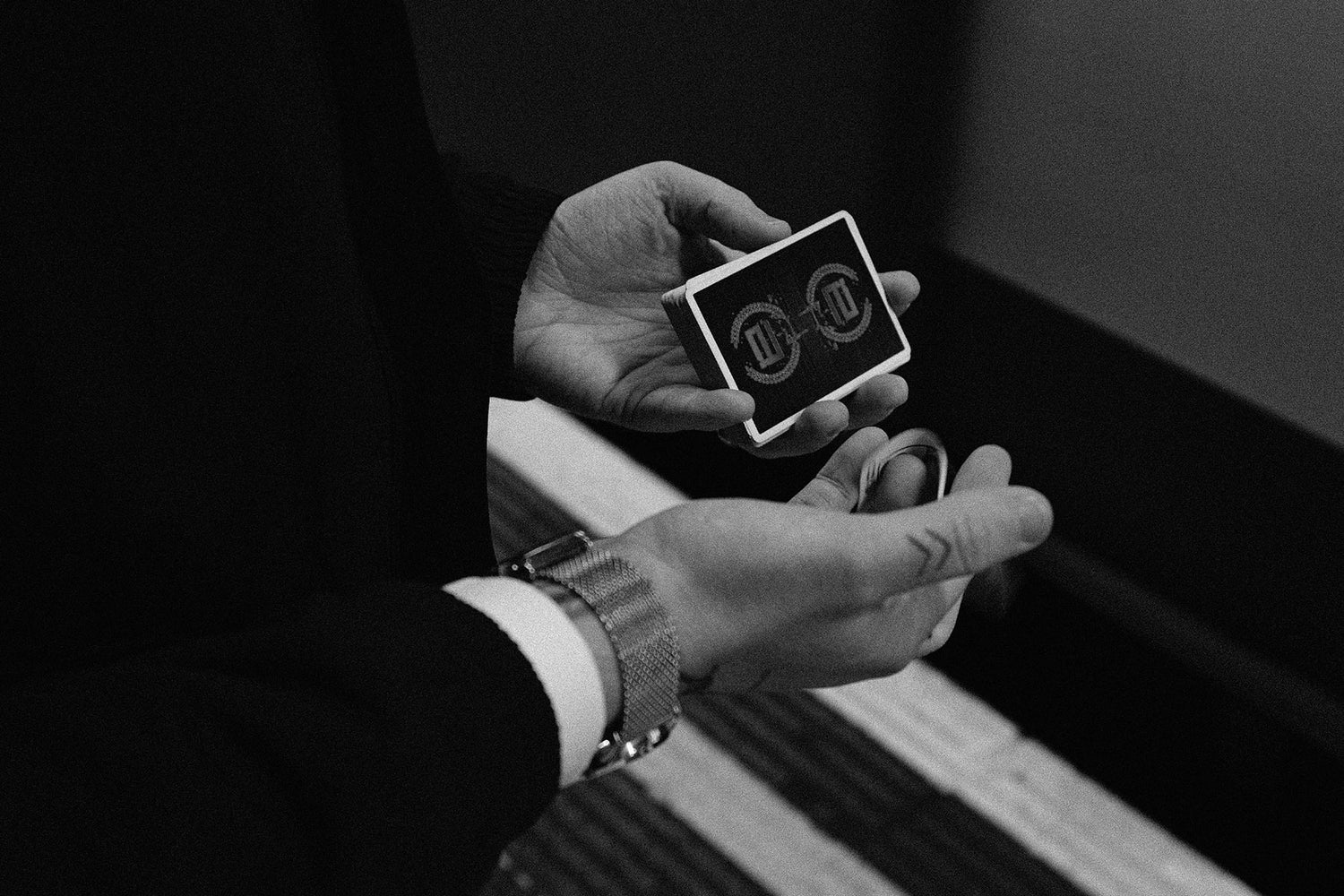
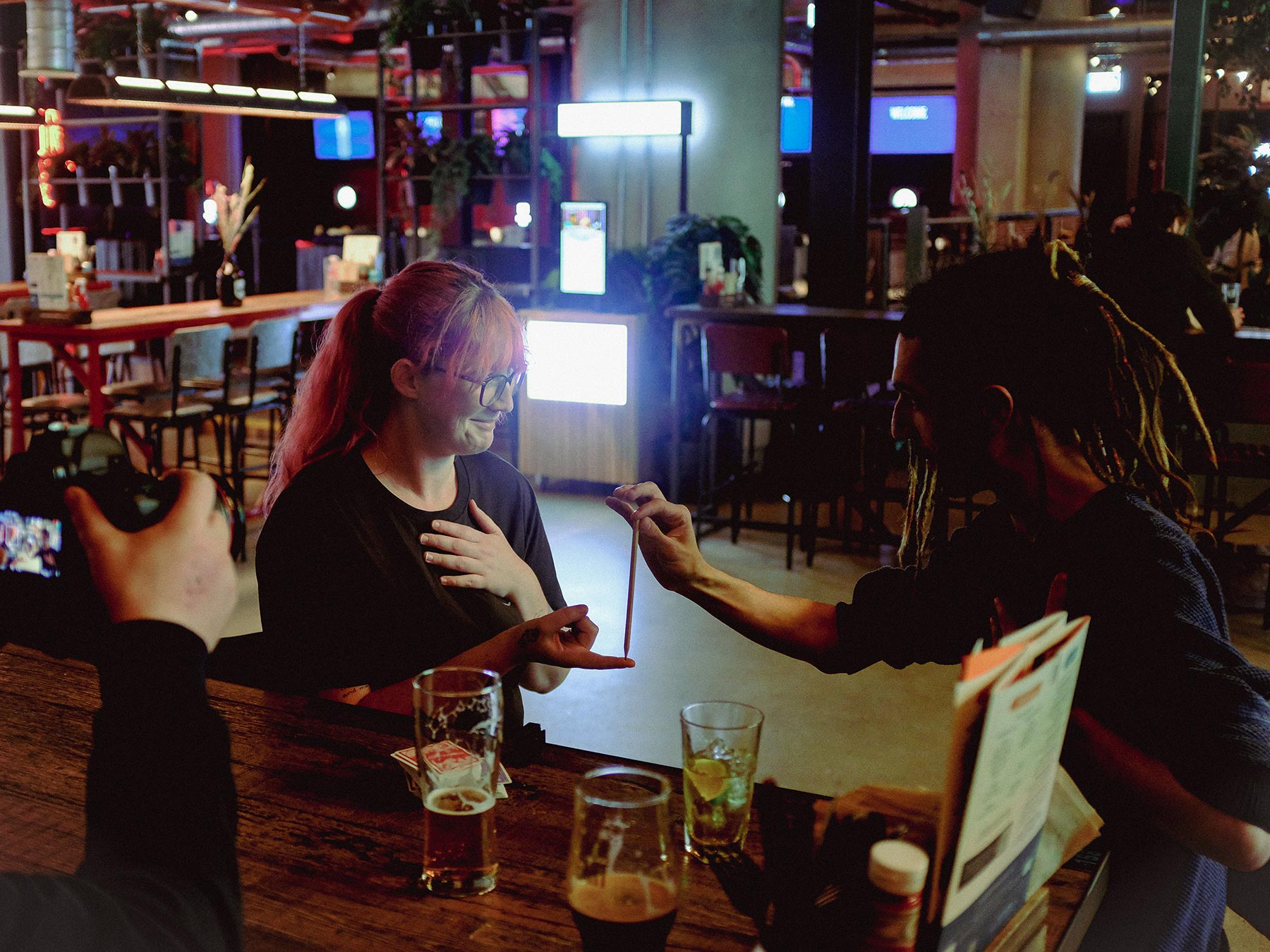

22 comments
Luigi
The eagerness to learn anything is more of an instinct that has catapulted the human race into outer space and beyond.
When showing a simple trick to a small audience you’ll often hear “Wow! How’d you do that!” The magician may say “it’s magic”, or something similar.
People instinctively wanna know.
I’m not a professional magician by any means, tho I’ve performed professionally as an actor or singer. Magic is something I love and learned to casually entertain people in my immediate social circle. I’m careful and respectful of the art. I would NEVER give away the technique to anyone including my wife!
Having said that, I was always annoyed when reading or seeing someone expose and explain a trick to a general audience online. This made me feel like someone cheating on his/her wife/partner.
That brings me from a “problem” to a (possible) “solution”.
As in any business arrangement/ employment or even a marriage there is usually a contract or NDA, the latter being the Non Disclosure Agreement. (I guess you can say a pre-nup for marriage!)
So, why can’t every solution to a magic trick be accompanied with an NDA? One that is exclusive to the art of Magic.
I’ve signed, written many nda’s. When I produced any of my theatrical and comedic murder mysteries, I always had my troupe sign one that I tailored to my production so they wouldn’t reveal the solution to the mystery. (The audience had to figure it out)
For instance, an nda for a magic trick would be tailored to allow online sellers and educators to sell and teach as long as there’s a strong paywall or purchase price and to mention/publish the nda x amount of times throughout a video or website.
Of course it’s next to impossible to enforce or hold anyone to account if they did break the nda. Very few businesses would say this but would definitely enforce it in special circumstances. Otherwise it’s on the conscious of anyone that does or intends to expose the arts secrets. I imagine a professional magician with a crew and onstage assistant definitely has one of these legal tools that is signed by his employees. Why can’t there be one for the general public?
That’s my 2.5 cents (adjusted for inflation). Thanks Ellusionist for bringing this to light. I often wonder myself about this too!
ARMIN
THIS IS NEW WORLD WE ARE LIVING IN. PEOPLE WENT FROM: HOW DID YOU DO THAT…TO…OH, I WILL CHECK HOW THATS DONE ON YOUTUBE.
I THINK, THE OVERALL DAMAGE IS, PEOPLE GET THE IMPRESSION, THAT MAGIC IS NOT AN ARTFORM, BUT RATHER A PUZZLE THAT THEY CAN FIGURE OUT.
BUT THATS REALITY NOW. NO USE IN COMPLAINING ABOUT REALITY.
SHOULD WE LEARN DIFFICULT MAGIC NOW?
LAYMEN CANT DISTINGUISH BETWEEN DIFFICULT AND EASY METHODS. WHILE DESIRABLE, ITS BESIDE THE POINT TO LEARN DIFFICULT MAGIC, TO AVOID EXPOSURE, OR GET MORE CREDIT.
YOU CAN SPEND WEEKS AND MONTH LEARNING THE REAL STREET-HUSTLE 3 CARD MONTE INSTEAD OF THE SUPER EASY GIMMICKED MICHAEL SKINNER VERSION. FAR LESS PEOPLE WILL PROBABLY EVEN BE FAMILIAR WITH THE GIMMICKED VERSION.
MY SOLUTION FOR THE RISING SOCIAL MEDIA EXPOSURE:
DONT PERFORM TRICKS THAT EVERYONE ELSE PERFORMS. SELECT THINGS NOONE HAS HEARD OF. DONT RELY TOO MUCH ON GIMMICKS. DONT PERFORM TRICKS THAT ONLY HAVE ONE REVELATION. DO MULTI PHASE ROUTINES WITH A KICKER ENDING.
AND DONT LEARN MAGIC FOR THE REACTIONS YOU GET. LEARN IT TO HONE YOUR SKILLS. THATS HOW IT BECOMES ART.
Guy Bermudez
What was the KM move used to hide the double lift?
GERARDO J ROCHA
Great information. It’s true. I got into magic by looking for the best playing cards… then cardistry… then magic…ALL on you tube. After I learned some, I thought. Now what? What dies any of this mean? So I follow people who lead to me to where to go, books with Erudite magic, effects with Magicorthodoxy. Now, I can’t buy everything, I can only buy one or 2 things a month, bills… so I get what I find value in. BTW, those that taught me magic at first are no liberty my source. I found out that Michael Ammar is way better than these guys, Max Maven is 100x better than this guy, Tommy Wonder kicks this other guys ass. I’m now on the right road.
Darius Acuna
To completely botch a quote one my greatest teachers said, “the method should be so impressive, that even knowing how it’s done, still warrants respect and admiration”
If what we do is just as good as how we present it, then exposure can’t really harm us. It shows the effort we put into making something amazing happen, an effort not so easily replicated by the spiteful, and hecklers. What also sells this is presentation, which only comes with failure after failure after failure. That cannot be imitated to satisfaction, only reflect an individual’s efforts.
It’s the difference between knowing how something is done, and knowing how to do it. Exposure of the most important things will never be done by those who put the time effort and munny to make it work, and that’s indisputable.
Also, hi, Ellusionist. Hope you’re doing good
Leave a comment
All comments are moderated before being published.
This site is protected by reCAPTCHA and the Google Privacy Policy and Terms of Service apply.